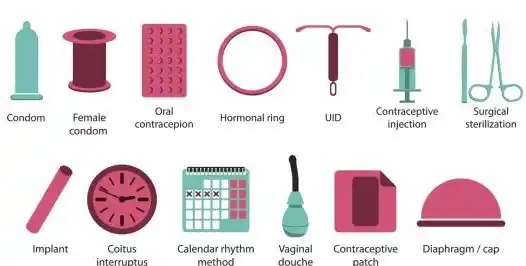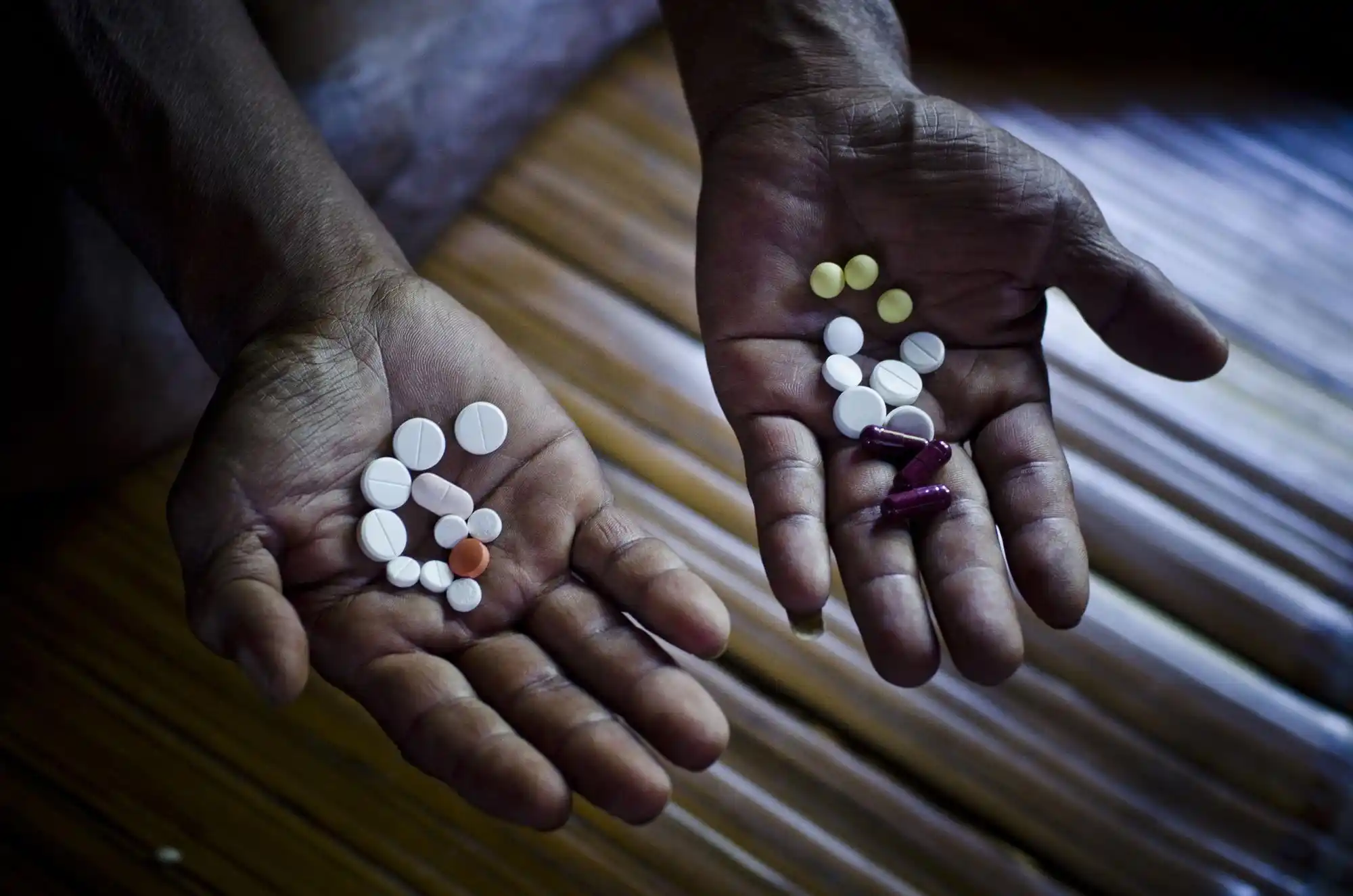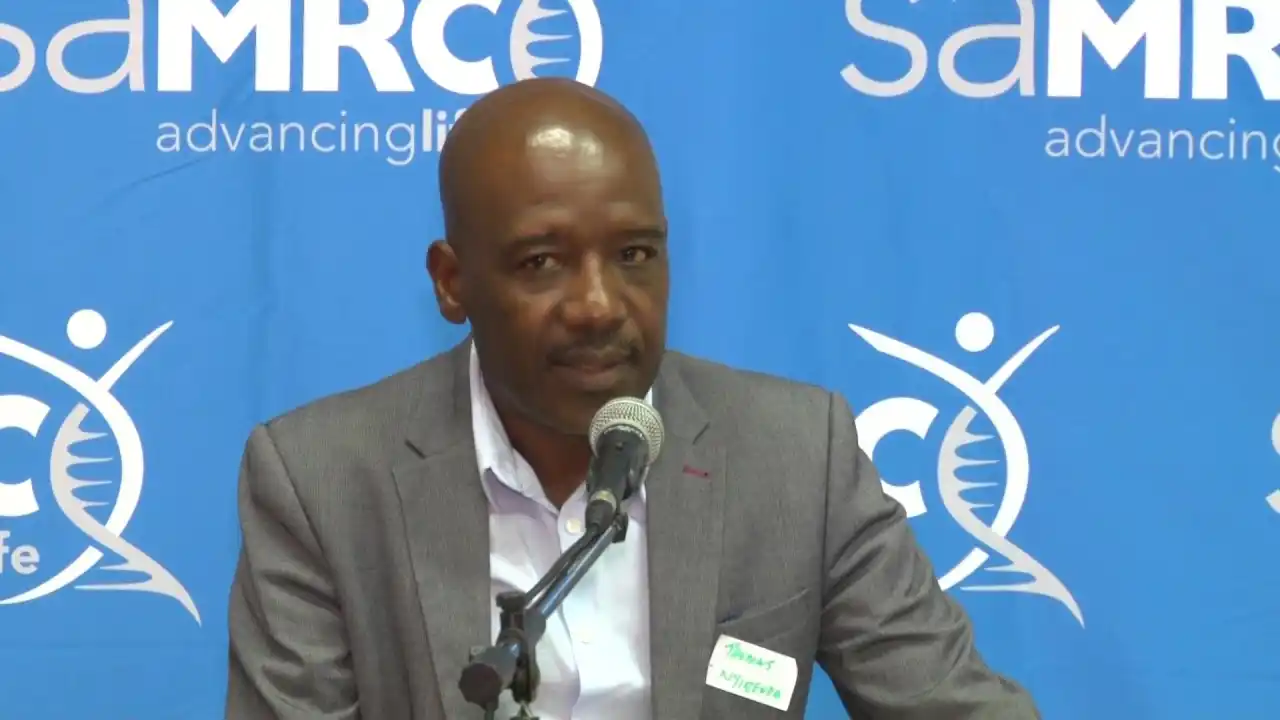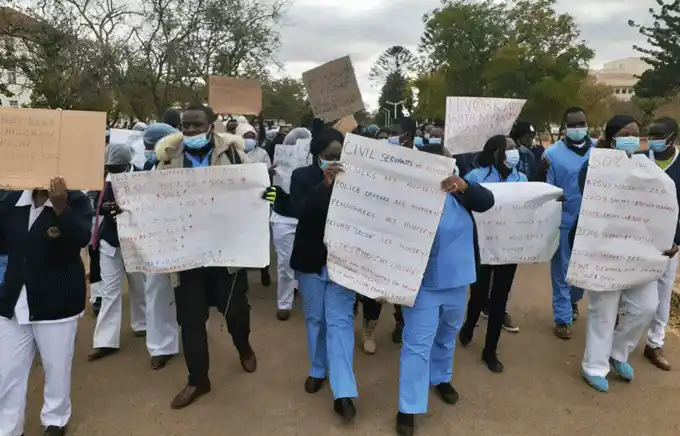
A recent FP2030 Measurement Report, aimed at enhancing access to family planning services worldwide, reveals significant progress in Southern, Eastern, and Western Africa, including Malawi, regarding contraception accessibility over the past decade.
The report, released in Washington DC, demonstrates that the average increase in Modern Contraceptive Prevalence (MCP) worldwide is 0.3 percent annually.
However, the fastest-growing regions, Western Africa and Eastern and Southern Africa, are progressing at double that rate.

Remarkably, in six countries—Malawi, Burkina Faso, Mozambique, Madagascar, Sierra Leone, and Uganda—MCP has surged by more than 1 percentage point per year since 2012.
According to the report this achievement is noteworthy considering challenges such as limited funding and the disruptions caused by the COVID-19 pandemic, which led to socio-economic crises for at least three years post-2019.
The report notes, “Conversely, in Malawi and Zimbabwe, women whose first births occurred within marriage had higher modern contraceptive use at 6 months postpartum.”
This year’s report encompasses 85 countries, including all low and lower-middle-income nations, along with a few new middle-income countries that recently pledged support to FP2030.
Among these countries, there are approximately 1 billion women and girls aged 15 to 49, with an estimated 377 million utilizing modern contraception by mid-2023—92 million more than in 2012.
“Their utilization of modern contraception prevented 141 million unintended pregnancies, 30 million unsafe abortions, and 141,000 maternal deaths in the past year alone,” states the report.
Since the inception of the partnership in 2012, the number of women using modern contraception has surged by 92 million, partially attributed to population growth.
“The population of women of reproductive age across the 85 countries has increased by 177 million since 2012—a 20 percent rise. However, it’s also due to a growing proportion of women opting for modern contraception. Presently, 35.2 percent of all women of reproductive age use a modern contraceptive method. Twelve years ago, this figure stood at 31.9 percent. This upward trend reflects the impact of the FP2030 partnership in reshaping the landscape and advancing rights-based family planning,” explains the report.
FP2030, a global coalition composed of governments, civil society organizations, private sector entities, and development agencies, collaborates to promote family planning as a fundamental human right and an indispensable aspect of sustainable development.








0 Comments